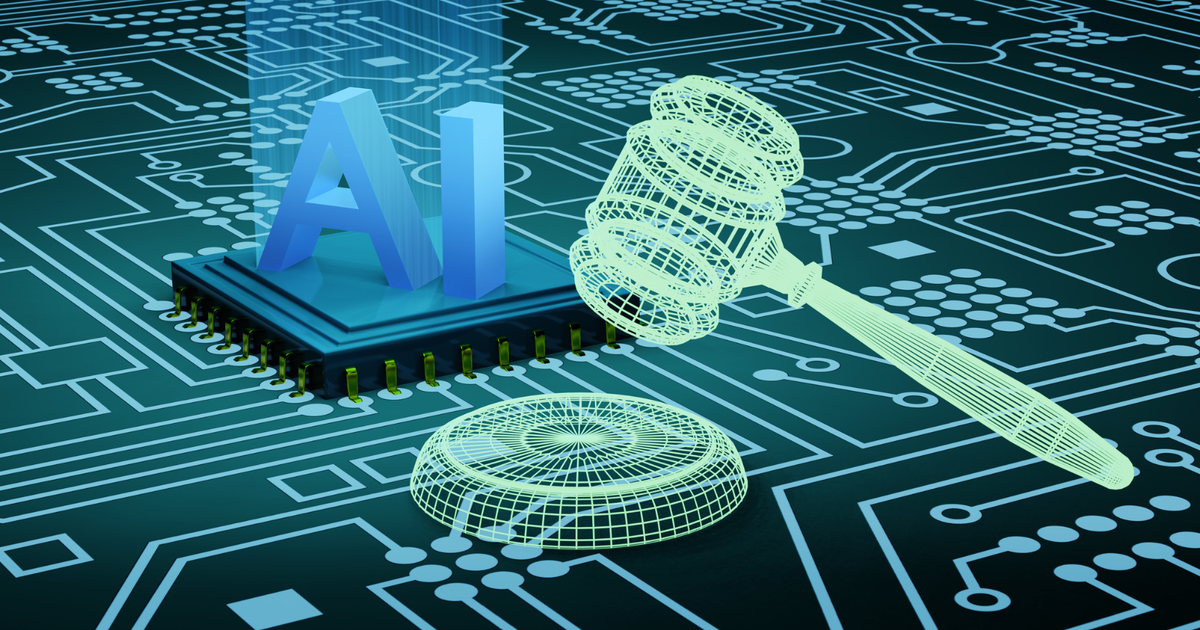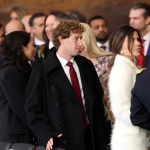Introduction
Artificial intelligence is reshaping how societies function, influencing economies, communication, and even democracy itself. Once seen as a purely technical achievement, it has evolved into a political and ethical battleground that spans continents.
Today, the question is no longer what AI can do, but what it should do. From tech companies to world leaders and celebrities, voices across industries are calling for responsibility in a field moving faster than the laws designed to govern it.
The Political Stakes of Artificial Intelligence
AI is now a central player in global politics. Nations use it to strengthen their economies, monitor populations, and enhance defense systems. These same technologies, however, carry the risk of mass surveillance and loss of privacy.
Democracies face the delicate task of balancing security and freedom. Meanwhile, authoritarian governments see AI as a tool for control. The world’s differing approaches to digital oversight reveal a growing divide in values and power.
Tech Titans and the Ethics Debate
Technology leaders have become key influencers in political and social affairs. Figures like Elon Musk and Sundar Pichai are shaping global conversations on safety, automation, and digital rights. Their companies now operate at a scale comparable to nations.
Yet this power brings responsibility. Critics argue that corporate ethics often come second to profit, especially when AI systems impact labor markets or personal privacy. Governments and watchdogs struggle to hold these firms accountable in a rapidly changing digital environment.
Celebrities as Voices for Digital Awareness
Celebrities are increasingly speaking out about technology’s impact on creativity and society. Artists, actors, and musicians warn against the misuse of AI in replicating likenesses or producing synthetic content without consent. Their influence gives emotional weight to debates that often seem overly technical.
Through interviews and online campaigns, many public figures advocate for transparency and fairness in digital innovation. They remind audiences that technology should serve human purpose, not replace it. In this sense, celebrity activism helps translate complex issues into cultural awareness.
The Global Divide in Regulation
Different regions are writing different rules for AI. The European Union leads with strict regulations designed to protect user data. The United States focuses more on innovation and private investment, while China prioritizes national security and centralized control.
This lack of unity creates a fractured global framework. Companies operating across borders face uncertainty, and citizens experience varying levels of protection. The struggle to establish common standards reveals how powerfully AI reflects each society’s political priorities.
The Human Cost of Automation
While AI brings convenience and efficiency, it also disrupts livelihoods. Millions of workers face job insecurity as automation spreads through industries. For many, retraining is unavailable or insufficient to meet new demands.
Beyond economics, automation affects identity and self-worth. The sense of being replaced by machines fuels social tension and anxiety. Unless nations invest in education and fair transition policies, inequality will deepen further.
AI and the Future of Global Diplomacy
Artificial intelligence is now a topic in diplomatic negotiations. Nations compete for data dominance, intellectual property, and ethical leadership. Those who control algorithms control influence, shaping narratives that extend beyond borders.
However, cooperation remains possible. Global alliances are emerging around AI safety and digital ethics. These collaborations could define a new era of diplomacy built on shared technological responsibility rather than rivalry.
FAQs
Why is AI an ethical concern today?
Because it affects privacy, employment, and human rights, making accountability essential for long-term stability.
What roles do governments play in AI regulation?
They create laws to guide development, but progress is slow compared to the speed of innovation.
How are celebrities involved in AI debates?
They use their influence to raise awareness about creative ownership, digital ethics, and public responsibility.
Why do global regulations differ?
Cultural values and political systems shape how each region views privacy, progress, and control.
Can AI be developed ethically?
Yes, through transparency, oversight, and collaboration between governments, companies, and civil society.
Conclusion
Artificial intelligence has redefined power, forcing the world to confront questions once reserved for philosophers. Its reach extends into politics, culture, and everyday life, making ethical governance not just desirable but necessary. Nations that fail to adapt risk losing trust in both leadership and progress.
The coming decade will test humanity’s ability to control its own creations. Technology must evolve alongside moral responsibility, or it will erode the foundations it aims to strengthen. The future of AI will not be written by machines — it will be determined by the integrity of those who build and guide them.




